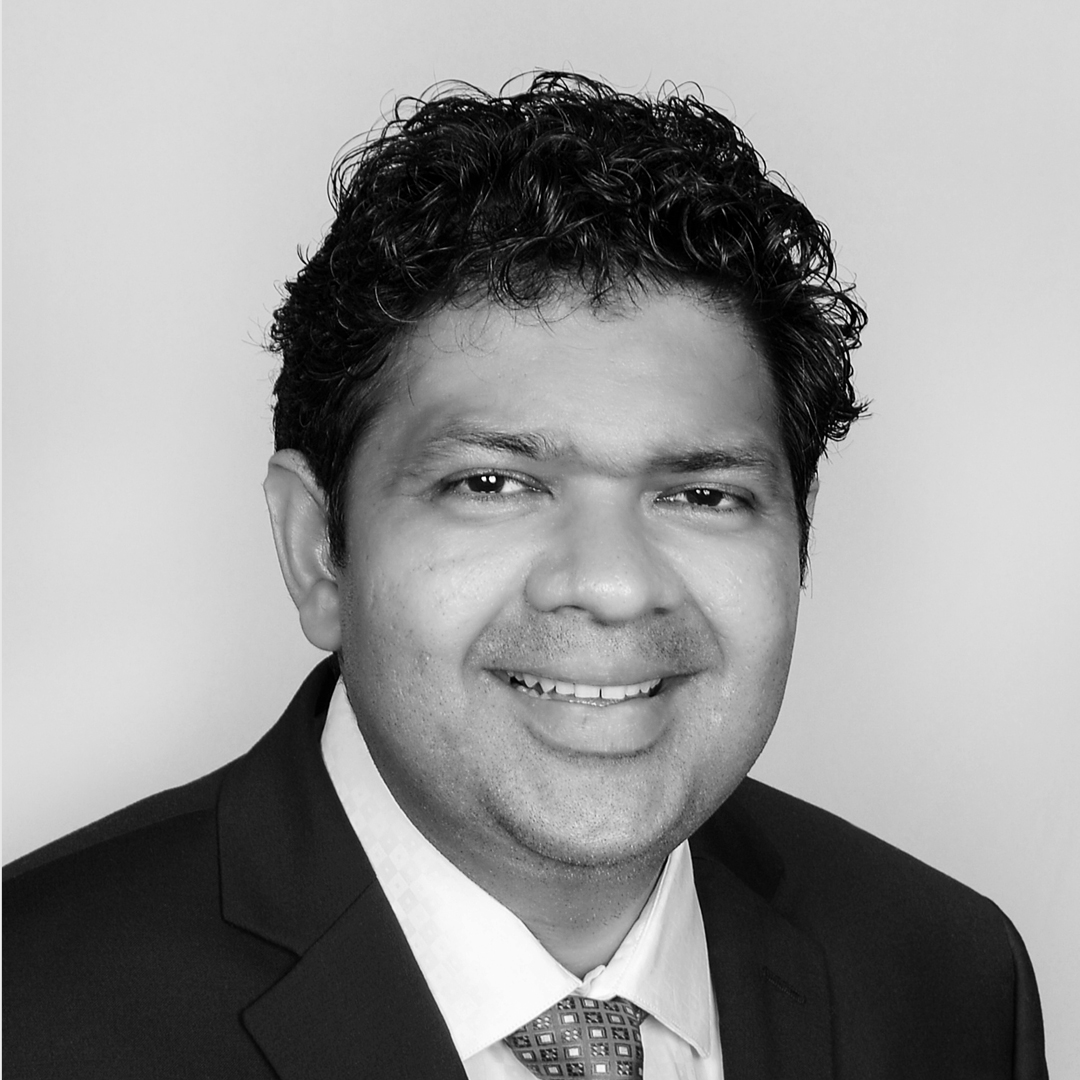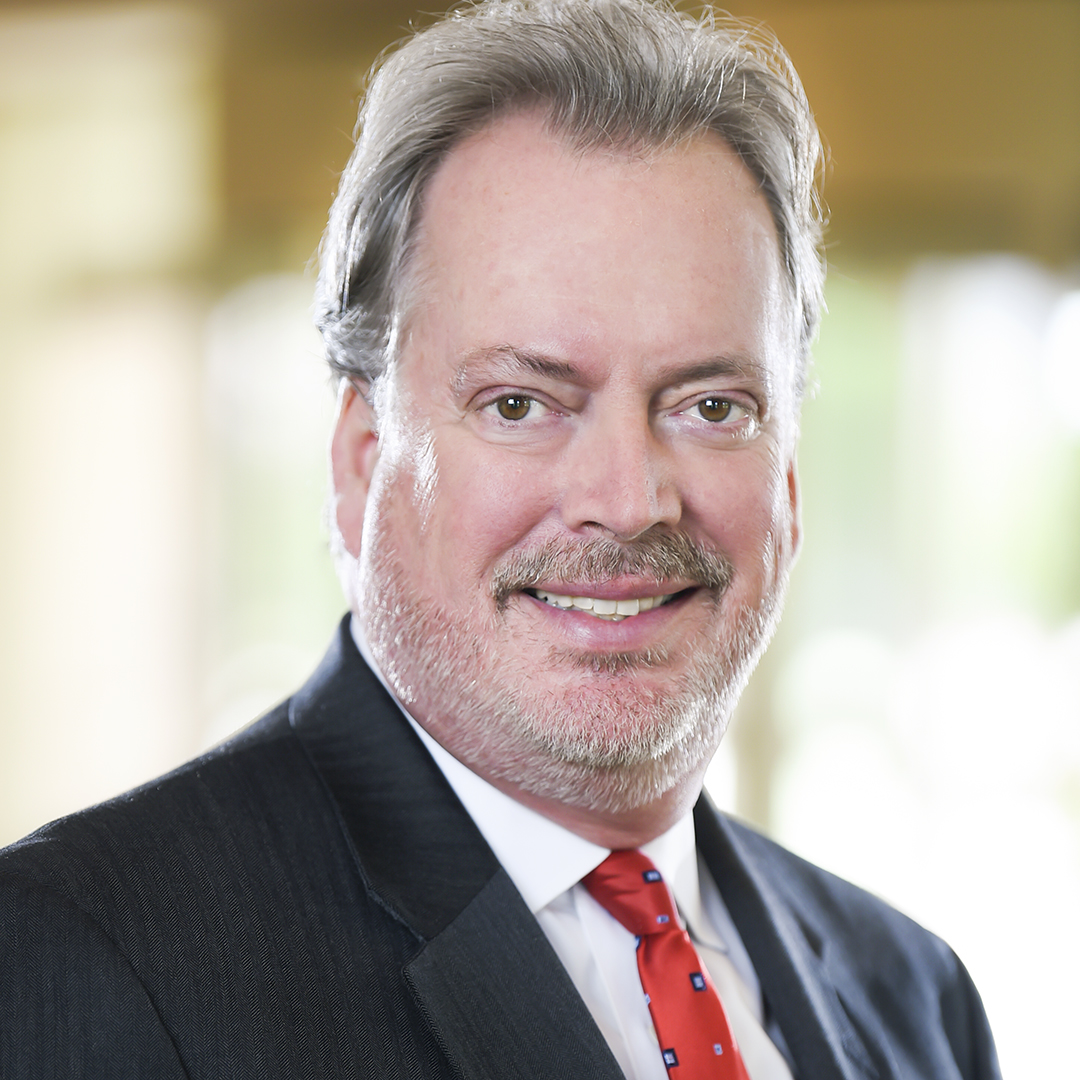While the association dedicated to the legal world of healthcare emerged in 1967, today The American Health Lawyers Association (AHLA) is designed for the future of the industry, thanks to the leaders who have entrusted the stewardship of AHLA to CEO David Cade. As the head of the largest nonpartisan organization of its kind in the United States, Cade began employment at AHLA in 2015 and has since focused on enhancing the careers of its nearly fourteen thousand members and network of more than twenty-five thousand engaged health law professionals. Now, primed with a new strategic plan, Cade and his team are delivering innovative programming and more learning opportunities than ever before.
“We’re focusing on being a one-stop shop for legal education and holistic professional development,” Cade says. Current AHLA members come from law firms, governments, insurers, providers, and academia, among other public and private sectors in the health industry. Cade joined AHLA as a member in 1997 and served on its board of directors for six years before his appointment to CEO. “The practice of health law fifty years ago was very different than it is today, so we’ve had to change and adapt over the years to remain relevant,” he adds.

Cade has honed his expertise with numerous transition and reform initiatives, which he represented before Congress, state legislatures, federal and state agencies, and other executive organizations. Prior to AHLA, Cade worked at the national law firm Polsinelli, where he advised hospitals, health systems, corporations, and community providers. He also worked on the Clinton Health Care Reform Task Force and served the US Department of Health and Human Services for fourteen years as deputy general counsel and acting general counsel, where he worked to expand Medicaid and Medicare coverage and eligibility and worked on other programs to improve quality and access to affordable care.
Now at AHLA, Cade and his team kicked off a multiyear governance review project and reorganization to bring even more value to its members. The strategic plan targets three key areas: building a resilient organization, creating an engaged learning community, and providing exceptional content.
The Road to Resiliency
Since AHLA members are involved in an industry that is both heavily regulated and dynamic, Cade and his team are focusing on innovative solutions that not only strengthen the organization, but also increase its agility to remain relevant in the healthcare’s legal market.
“The association grew into silos and we weren’t working in harmony internally,” Cade says. “The goal that existed three years ago and exists today is to be more efficient and effective in what we do.” In his first year, Cade interviewed all of the staff and many stakeholders, reviewed all of the systems, and then broke down barriers to create a culture of sharing and cooperation.
To do so, his team has developed an infrastructure that uses data to better inform the development of new initiatives and evaluate existing projects.
“A major step we took this year was to allow the members themselves to raise their hand and identify a preference for the type of content they want to receive,” Cade says. “That’s allowing them to take control of the information that they want and when they want it.”
Upgrading the Network
Cade is driving the organization’s transformation into an engaged learning community by differentiating the AHLA approach: advancing health law education and collaboration through networking that is in-person and virtual to cater to diverse learning styles. The industry is also not immune to the digital age, in which technology increasingly impacts how lawyers practice and what services are offered.
“Now at our conferences, we have presentations using technology like voting and polling,” Cade says. “We’re in tune to not only the community that we serve, but how they best learn and bringing it to them with a variety of tools such as podcasts—easily digestible and deliverable on-demand.”
Members are also practicing longer than in past generations, according to Cade, so the community mixes many generations with different engagement and educational needs. He adds that consultants and other professionals have a larger role in providing guidance in the healthcare arena, and in-house practices are growing while firms are consolidating.
“The complexity of the healthcare delivery system is multidisciplinary,” says Cade, citing frontline practitioners, policy developers, and managers of operations. “Standing alone, it’s hard to stay current in everything because it’s so dynamic. We are able to digest and simplify and deliver the content that is most relevant to our members.”
Content for Connections
As a hub for idea exchanges, AHLA is also prioritizing the publication, presentation, and analysis of industry-leading content. It starts with an enhanced technology platform so that relevant information is available and customized to member preferences. This new, focused content presents laws, as well as their underlying legal policies, and includes the recruitment of industry leaders to be active participants in the discussion.
“What’s unique about us is we are a professional association and we choose not to lobby,” Cade says. “We take a position of neutrality, and that allows us to be a trusted agent. So, government speakers at our conferences and webinars are very comfortable being here, sharing, learning, and growing in their practice alongside private practitioners, academics, and policy officials.”
Ultimately, AHLA aims to create expanded opportunities for discourse between policymakers and influencers—such as government officials, private practitioners, consultants, and academics—to advance health policy progress.
“Part of the richness of the environment here is our commitment to diversity and inclusion,” says Cade, emphasizing his commitment to racial and ethnic diversity in addition to AHLA’s multidisciplinary approach. “Anybody and everybody involved in health care or health law has a home here and should feel comfortable.”
The Empowered Community
The strategic plan executed by AHLA’s board of directors, Cade, and his team aims to establish an interconnected community of lawyers and other professionals involved in health law, healthcare, policy, and career development. Looking ahead, Cade is zeroing in on member and revenue growth while also increasing engagement with the broader health law and healthcare community—including law students.
“In my youth and early career, I didn’t have an appreciation for the value an association like this could bring,” says Cade, who earned his juris doctor at the University of Maryland. “And I didn’t have a focus on health law until I went to law school, when I was representing individuals being de-institutionalized from state institutions—and it felt like my calling.’’
Now guided by this new calling, Cade and his AHLA team are improving the learning experience for all generations of health law professionals and fostering an organization that is as diverse and dynamic as the community it serves.


